Natural products — including plants — are the oldest source of drugs known to mankind. Before the invention of medicine as we know today, traditional herbal medicine was the main choice of treatment and prevention of diseases. With the introduction of modern medicine, the use of herbs became an alternative therapy. However, over the years the use of herbal products has been increasing in popularity. Today one in five Americans make use of herbal products. Therefore pharmacists must be prepared to guide and counsel patients regarding the use of such products. The goal of the UNE medicinal garden is to increase student and faculty awareness of herbal treatment options and their efficacy in the maintenance of human and animal health.
The Medicinal Herbal Garden on the Portland Campus contains plants traditionally used to prevent and treat a variety of diseases, ranging from the common cold to depression. Some of these plants are native to Maine and have been important to the Native American cultures of this state. The medicinal properties of many of these plants have been known for thousands of years, however, the U.S. Food and Drug Administration (FDA) does not recognize their medicinal value. You should talk to your doctor or pharmacist before taking any herbal product.
Collaborative Effort
The herbs were planted by pharmacy students taking a phytotherapy course in the spring of 2015. Collaborative effort was contributed by faculty and staff from the College of Pharmacy, the Sustainability Office and Abplanalp Library. The Pharmaceutical Sciences Department provided financial support and Facilities Management contributed greatly to the ground work and maintenance of the garden.
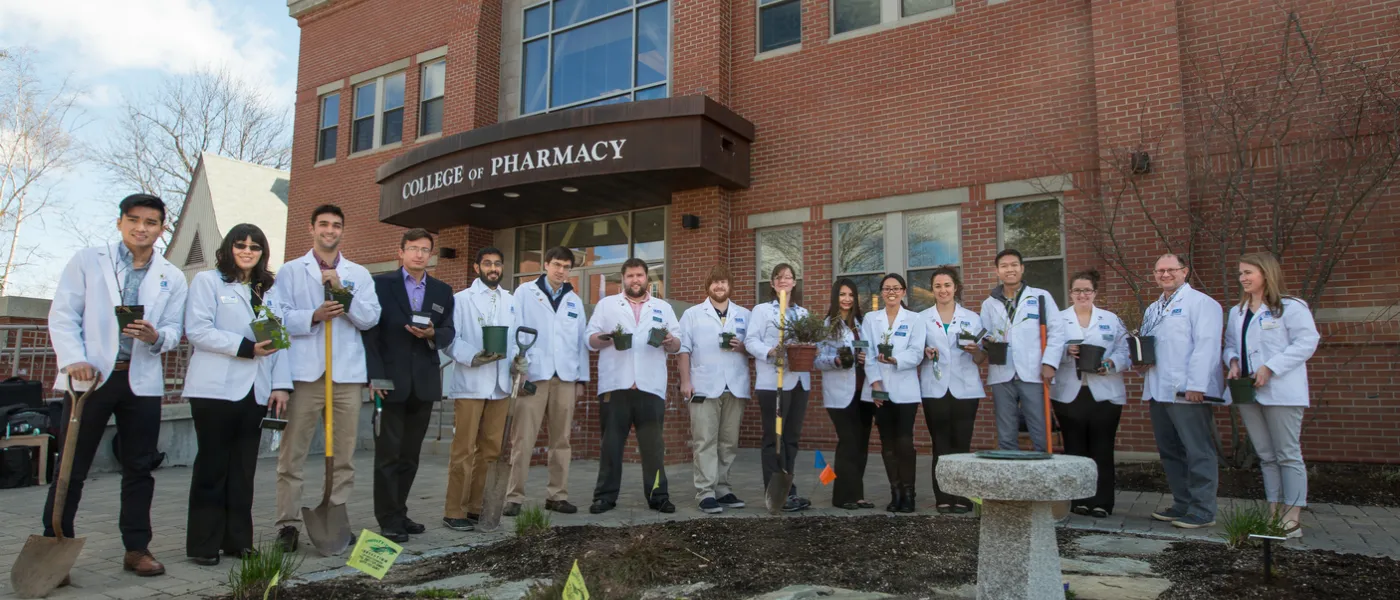
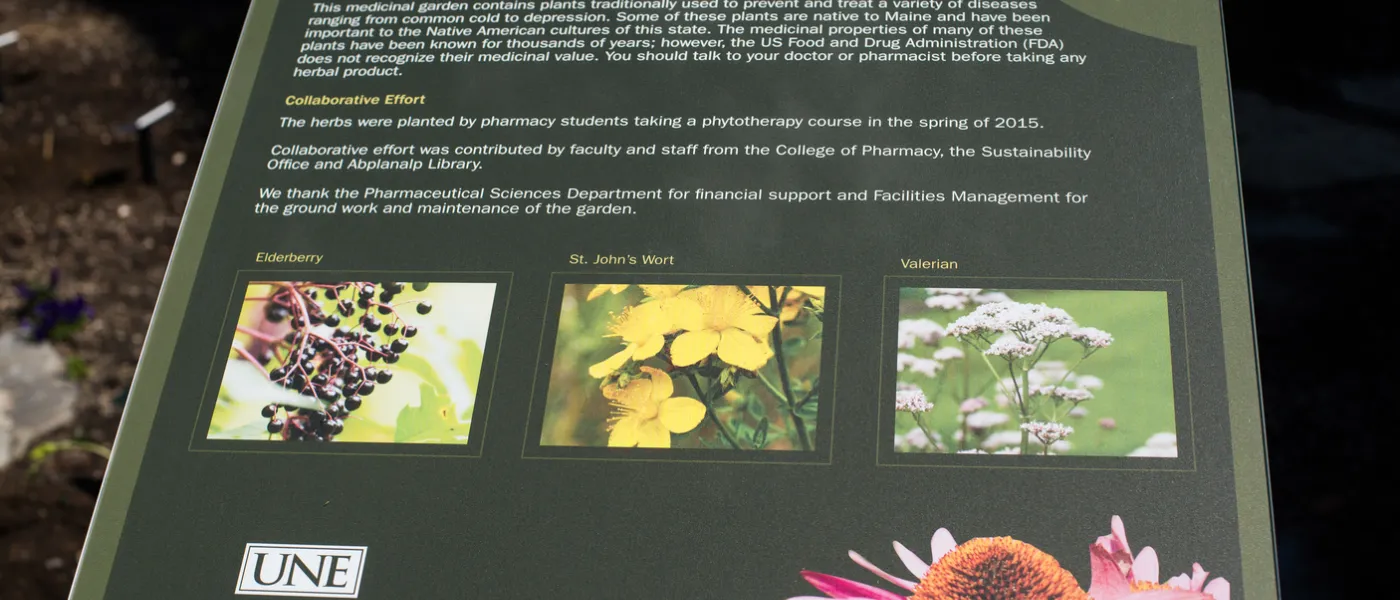
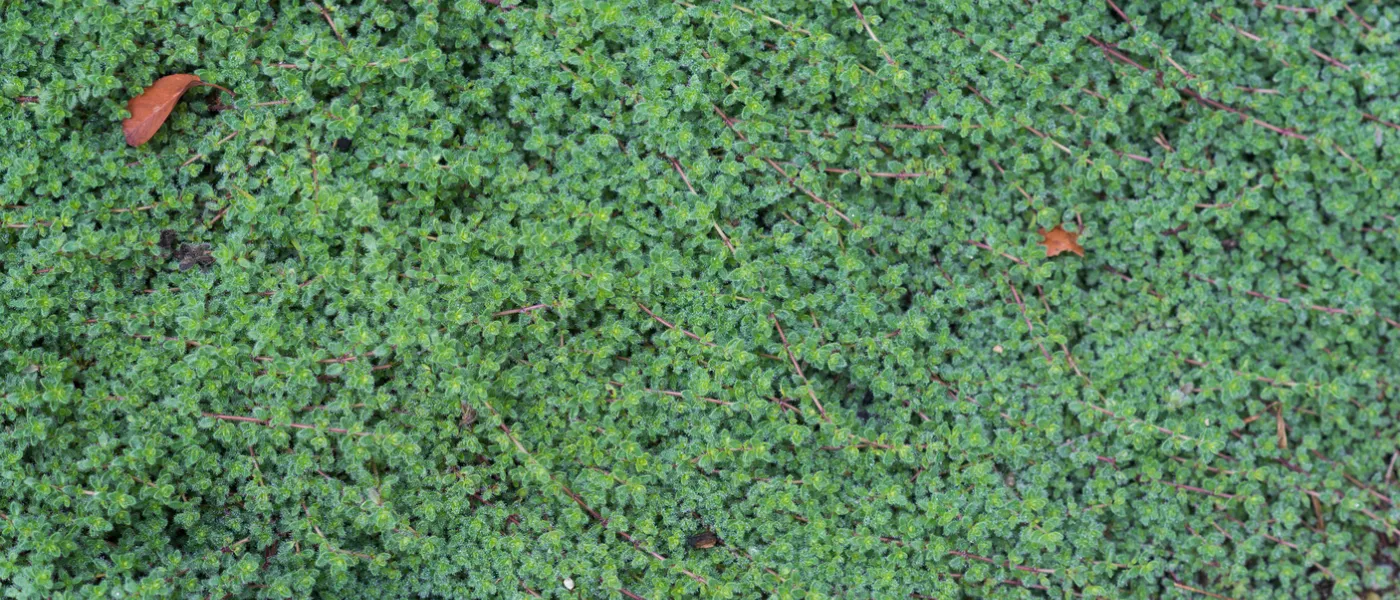
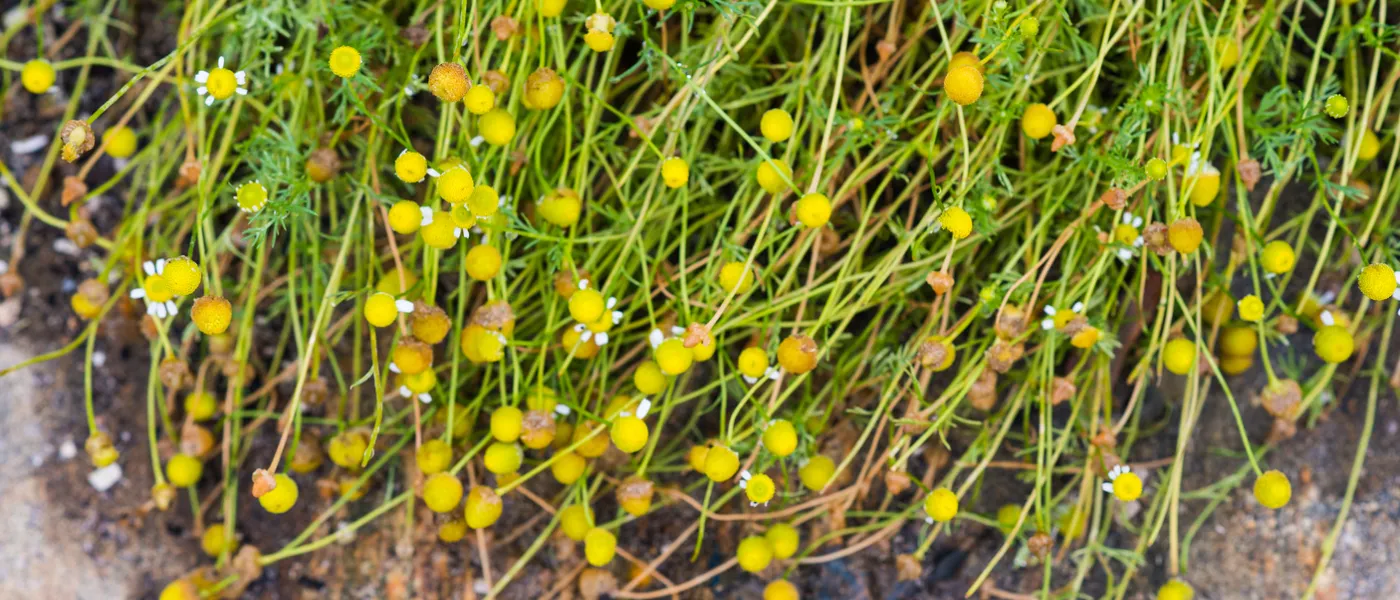
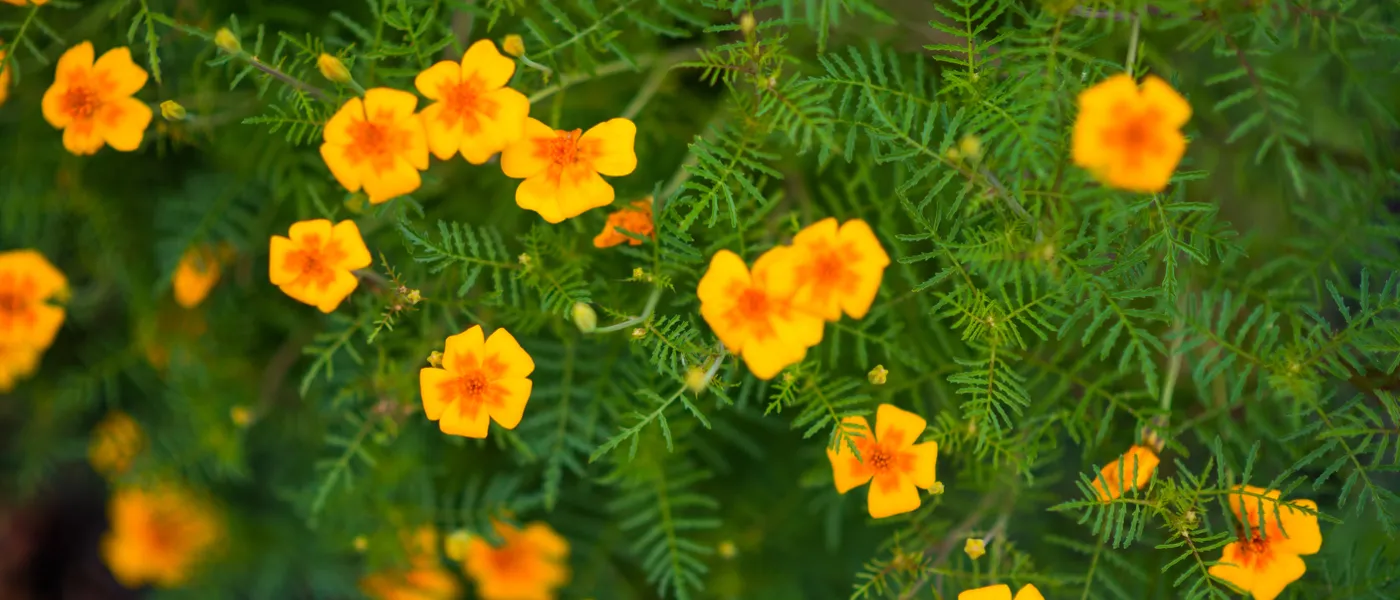
Garden plants
|
Common name |
Scientific name |
Uses |
|---|---|---|
| St. John's Wort | Hypericum perforatum | Depression |
| Cranberry | Vaccinium macrocarpon | Urinary tract infections (UTI) |
| Astragalus | Astragalus membranaceus | Common cold |
| Ginseng | Panax ginseng | General tonic for improving well-being |
| Gingko | Gingko biloba | Improve cognitive function |
| Holy Basil | Ocimum tenuiflorum | Common cold and influenza ("the flu") |
| Elderberry | Sambucus nigra | Used for influenza ("the flu") and H1N1 "swine" flu |
| Goldenseal | Hydrastis canadensis | Common cold and other upper respiratory tract infections |
| Black Cohosh | Actaea racemosa | Alleviate symptoms of menopause |
| Valerian | Valeriana officinalis | Insomnia |
| Echinacea | Echinacea angustifolia | Common cold and upper respiratory tract infections |
| Peppermint | Mentha x piperita | Irritable bowel syndrome |
| Arnica | Arnica montana | Bruises, aches, and sprains |
| Comfrey | Symphytum officinale | Ulcers, wounds, joint inflammation, bruises, rheumatoid arthritis |
| Boneset | Eupatorium perfoliatum | Antipyretic, diuretic, laxative, emesis, and cathartic |
| Lemon Balm | Melissa officinalis | Cold sores and anxiety |
| Nettle | Urtica dioica | Urination disorders associated with benign prostatic hyperplasia (BPH) |
| Blueberry | Vaccinium angustifolium | Cataracts and glaucoma, ulcers, UTI |
